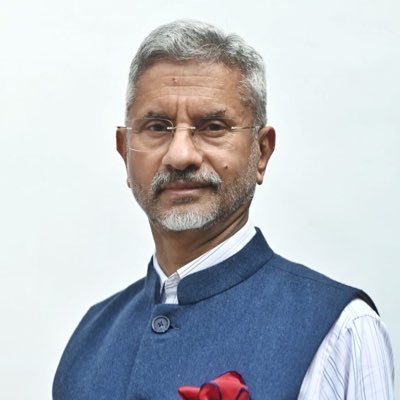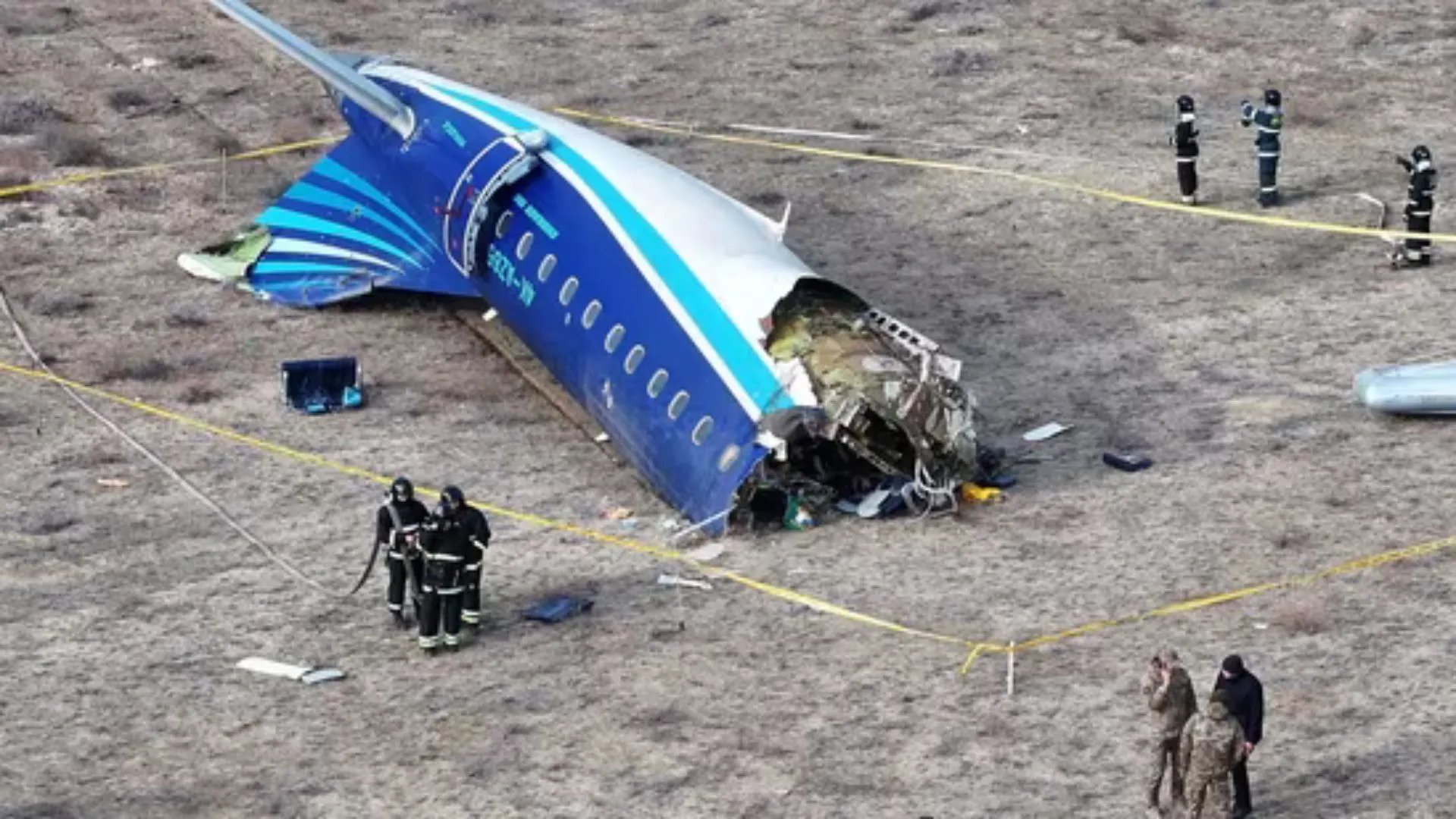During an event in Washington last week, External Affairs Minister (EAM) S. Jaishankar lashed out at the US over its F-16 package to Pakistan. He slammed the US for its decision to provide Pakistan with a $ 450 million package for what the Pentagon called the “F-16 case for sustainment and related equipment”. EAM did not show any hitch in questioning the merits of the US-Pakistan partnership, saying it had not served either country.
The US’ clarification evoked much sharper reaction from EAM. The Biden administration clarified that the move was not “designed as a message to India; rather, it is associated with America’s defence partnership with Islamabad, which is primarily focused on counterterrorism and nuclear security.” On this, Jaishankar remarked that the reasons were not “fooling anybody”. In other words, Jaishankar called a spade a spade, and this kind of reaction was a much-needed and timely move. What was more significant and remarkable is that he made these remarks while attending a function in Washington only. So, the message was stronger, firmer and more categorical to the Biden administration. While Pakistan continues to provide safe haven to various terror organisations and internationally blacklisted terrorists, US’ decision to ramp up defence cooperation with it cannot be justified and should rather be criticised worldwide. The US’ clarification that it is “giving fighting power to Pakistan against terrorism is something that even a person with the least understanding about geopolitics and issues related to the same cannot buy. EAM pointed it out too. Referring to the argument made by the US that F-16 sustenance package is to fight terrorism, Jaishankar said everybody knows where and against whom F-16 are used. “You’re not fooling anybody by saying these things,” he said.
Does Washington’s move not suggest that the US is running with the hare and hunting with the hounds? This is the question that the Biden administration must be asked repeatedly. America is answerable to this question as well. On the one hand, the US tries to be seen backing the global war against terrorism emanating from Pakistan, Afghanistan and other geographies of the world, while on the other, it is militarily helping Islamabad which is the fountain-head of terrorism. Many US officials have on the basis of evidence and reports announced in the past that terrorist are being trained and protected on the soil of Pakistan. Why then is the US not stopping the supply of weapons, arms and financial help to Pakistan? Jaishankar’s outbursts in Washington have triggered a debate based on these questions that the Biden administration needs to answer. What is also needed is that India must continue to highlight these issues that expose contradictions in US’ approach towards Pakistan which is a breeding place for terrorists. Jaishankar was right when he said that America’s relationship with Pakistan has not served either of the two countries. “Very honestly, it’s a relationship that has neither ended up serving Pakistan well, nor serving the American interests. So, it is really for the United States today to reflect on what are the merits of this relationship and what they get by it,” he said. This is no secret that America’s longstanding military partnership with Pakistan’s army has emboldened the latter to shield terror elements and their organisations. There is no denying that Pakistan’s intelligence agency ISI, as evident from previous incidents and terror activity records, has been using these elements for terror attacks in India from time to time. The US is not unaware that Pakistan has failed to punish the perpetrators of the 26/11 Mumbai attacks in which several foreign nationals had also been killed. What the US officials do is just make a customary statement on the anniversary of the Mumbai attack every year, asking Islamabad to punish those involved in these killings. What is more objectionable is that the Biden administration recently tried to sort of revive the equivalence between India and Pakistan, calling both the partners of the US with different points of emphasis. The US help to Pakistan in the IMF bailout is also questionable. So, given all this, Jaishankar’s strong reaction to the growing US-Pakistan defence ties was a welcome move. India must continue to highlight concerns related to any such action on the part of the US in future as well.
T. BRAJESH







